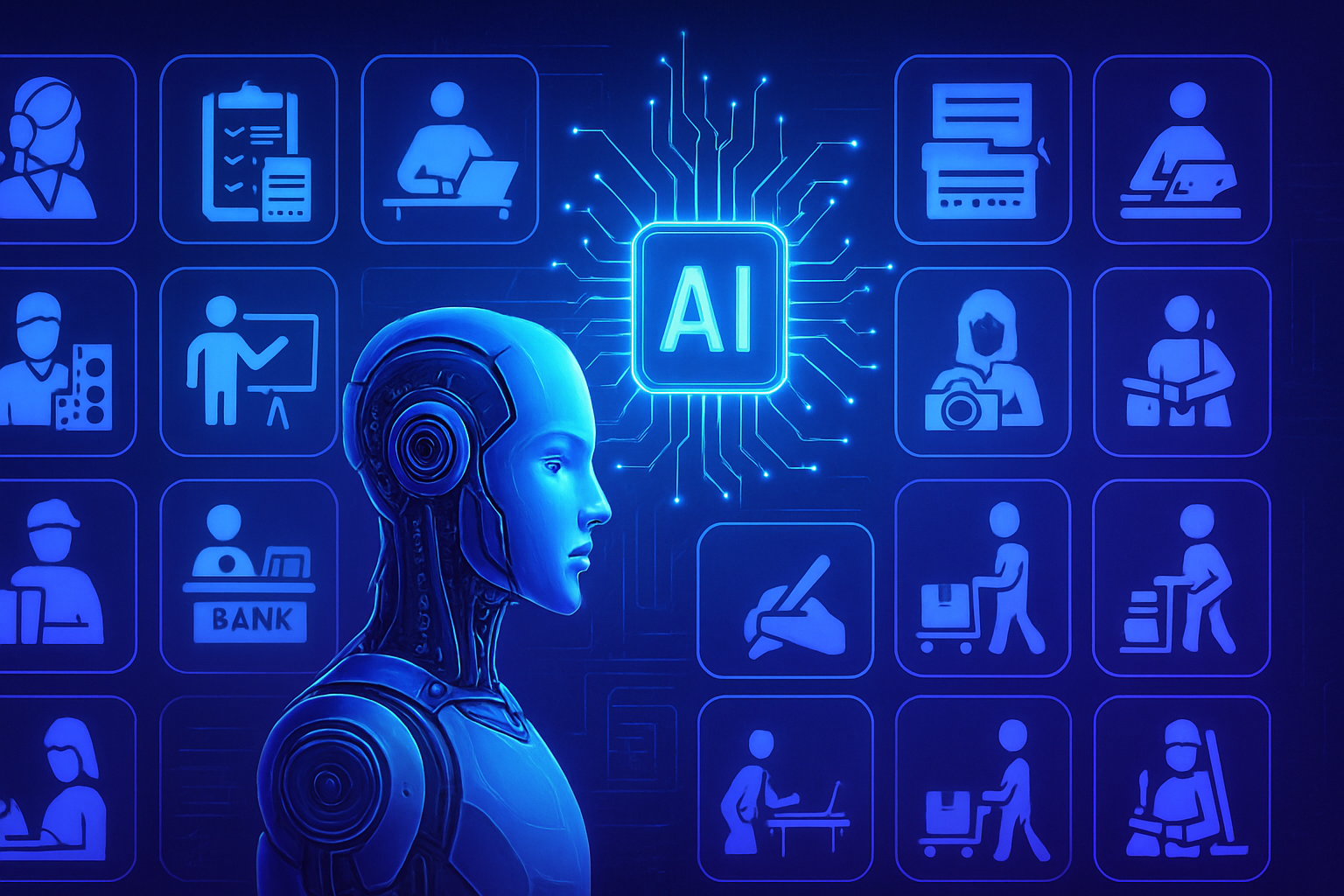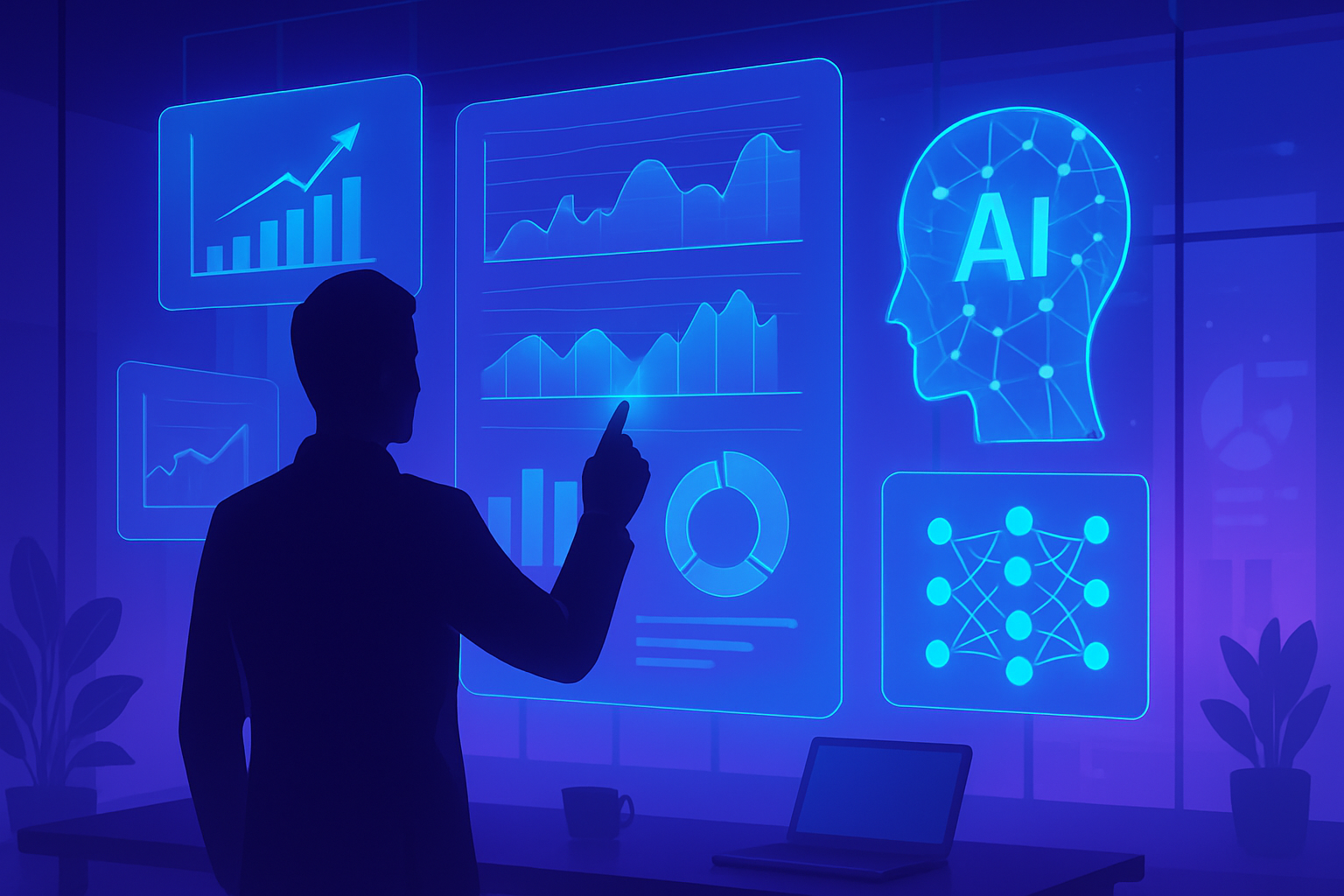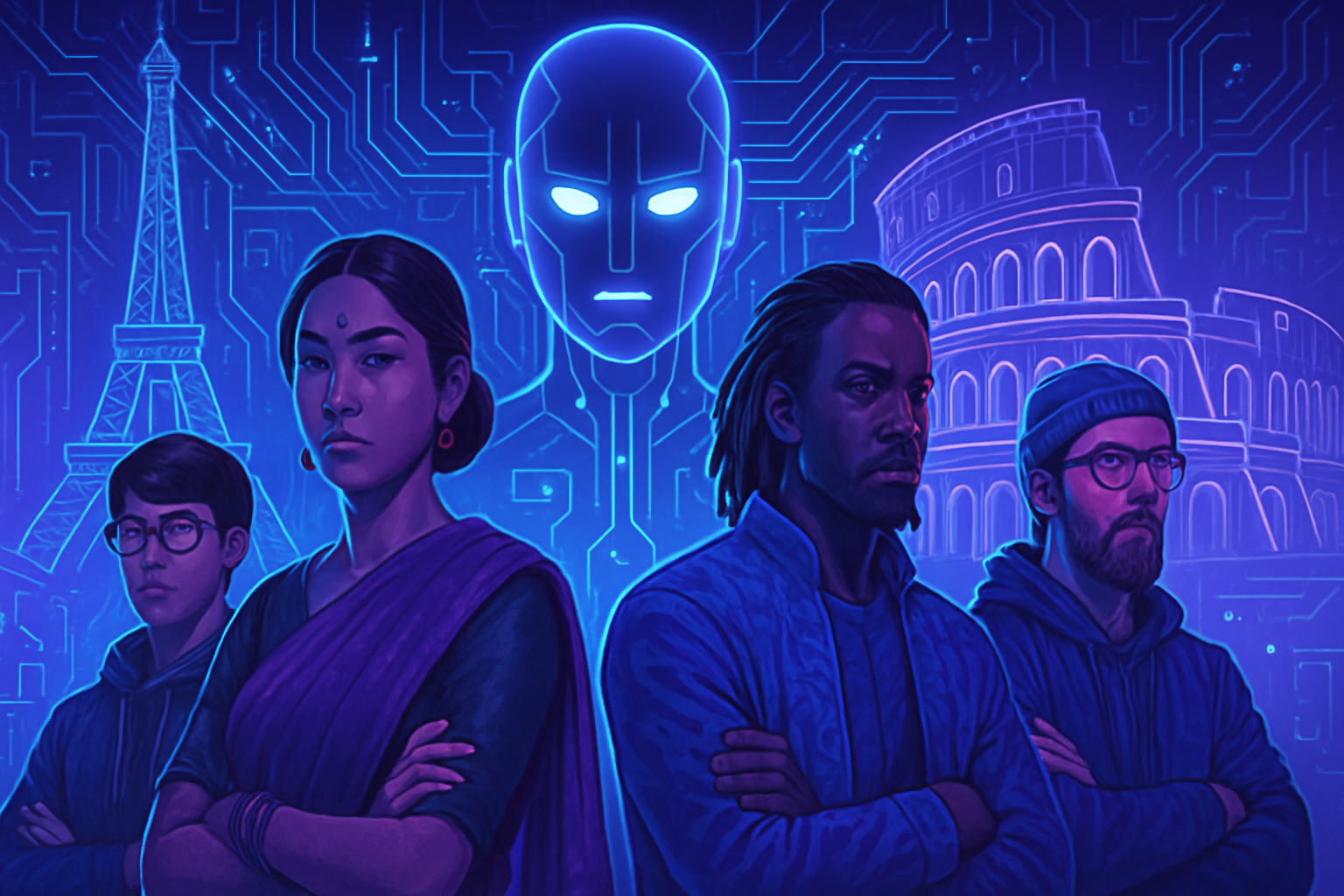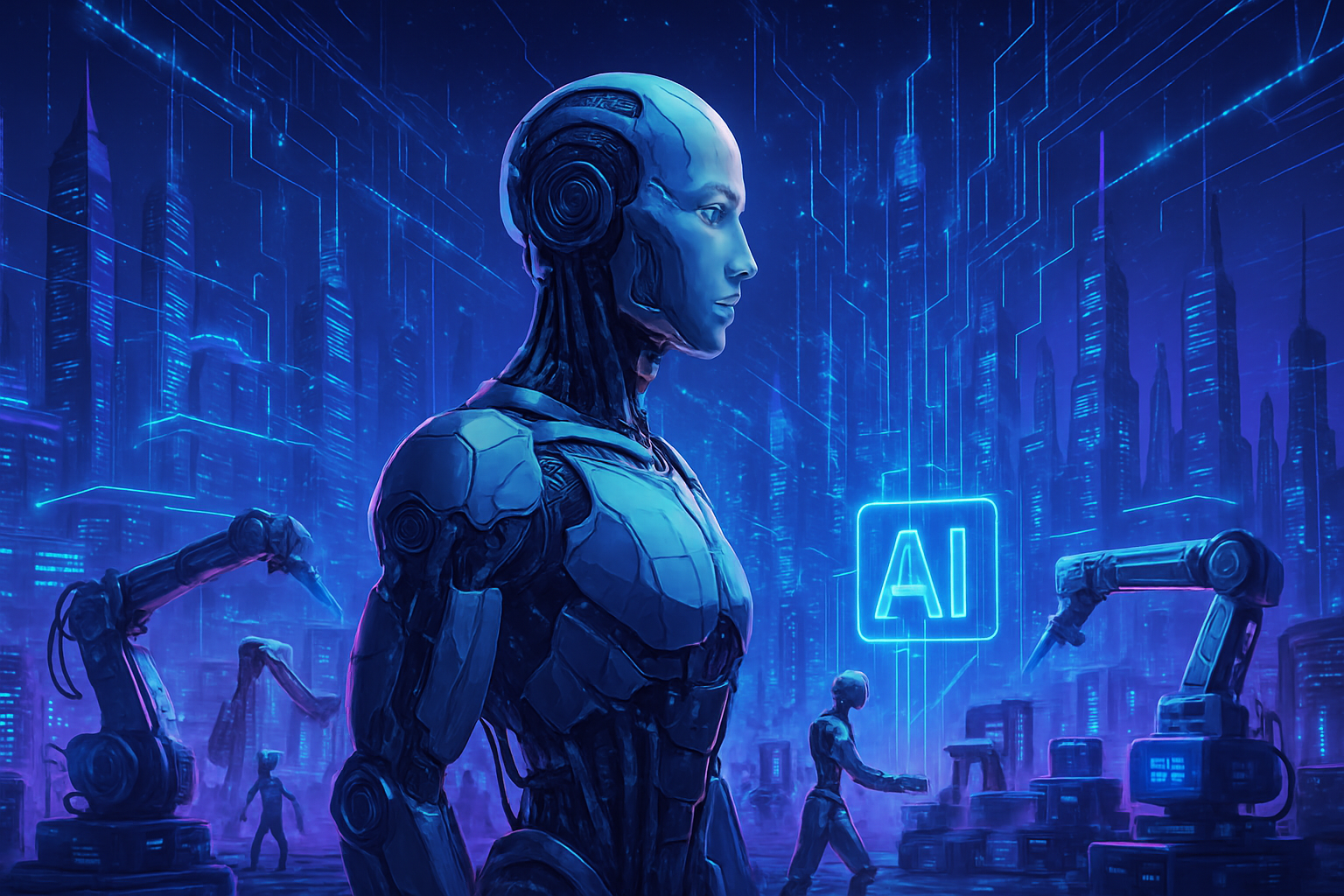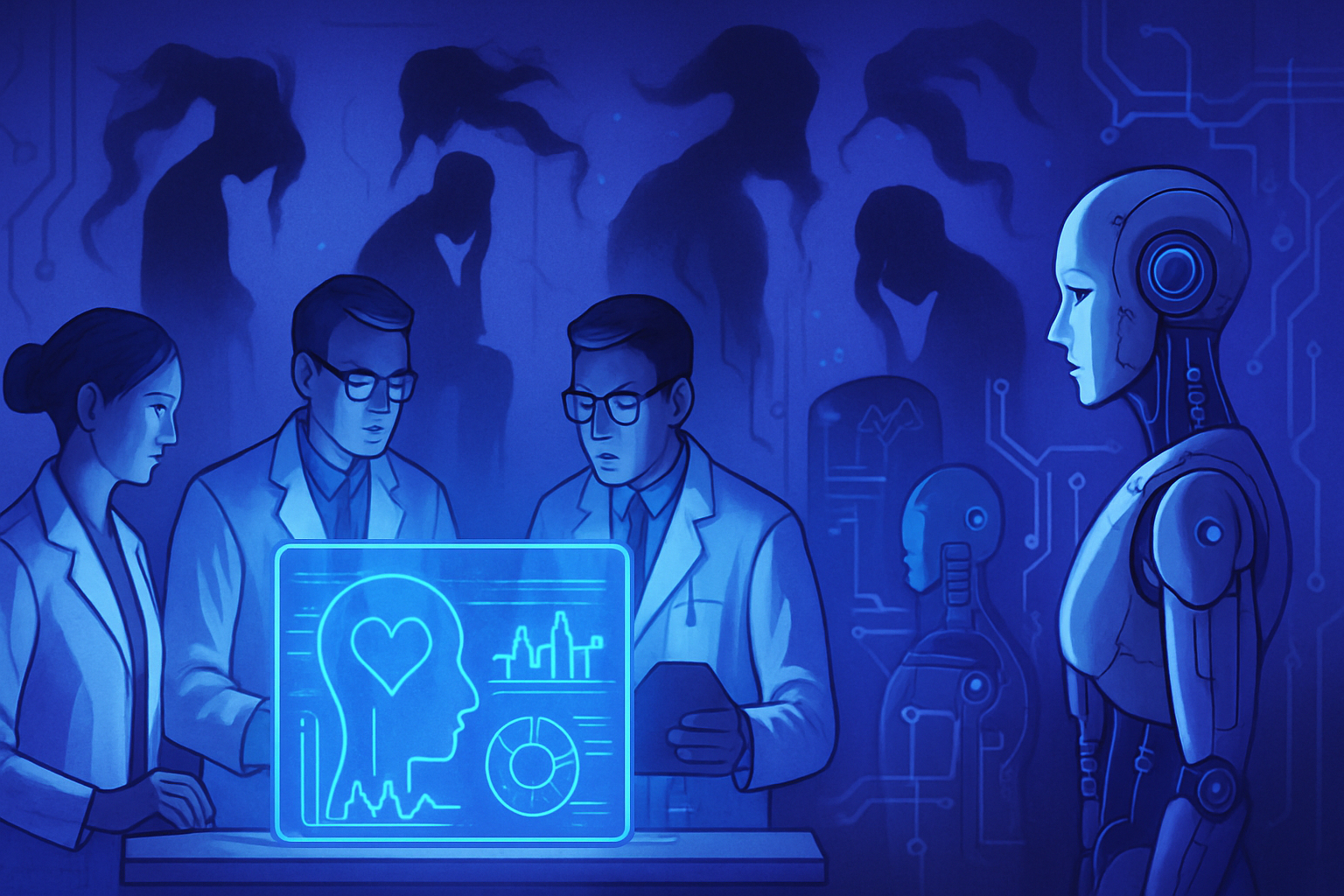The rapid rise of artificial intelligence will irreversibly transform our professional landscape. According to a recent study by Microsoft, forty professions are at risk, facing an imminent extinction threat. Affected industries include communication, administration, and even research, highlighting unprecedented societal and economic issues.
Every vocation deserves meticulous attention in the face of this technological evolution. Society must anticipate the consequences of AI to mitigate its impact. However, some professions might escape this devastating wave, reviving hope for workers.
The Impact of AI on the Future of Employment
A recent study conducted by Microsoft is alarming regarding the future of employment. The five researchers involved in the study titled “Working with AI” state that forty professions could disappear in the coming years, replaced by artificial intelligence. This research, already available online, draws attention to the risks faced by many jobs.
Professions Threatened by AI
The jobs most exposed to automation and artificial intelligence are primarily found in the intellectual domain. Indeed, some professions appear more vulnerable than others to this technological revolution. The researchers identify several sectors particularly at risk.
Communication
The communication sector is one of the main targets. Translators, editors, and analysts could see their roles replaced by sophisticated AI systems. Even receptionists, traditionally essential in services, are not spared by this evolution.
Administration
Administrative professions are also under threat from AI. Switchboard operators, concierges, and archivists are among the jobs that risk disappearing. The automation of administrative tasks streamlines operations but threatens thousands of jobs in the process.
Sales and Commerce
The field of sales, including sales representatives, telemarketers, and counter salespeople, is also likely to be affected. The efficiency of intelligent systems in managing sales operations could render many positions obsolete.
Education and Research
Teachers as well as researchers, including historians, mathematicians, and political scientists, are among the professionals at risk. The desire to optimize the educational process using AI raises the prospect of a future where these jobs could be redefined or completely eliminated.
Technology
Jobs related to technology, such as web developers and programming specialists, also find their place on this concerning list. Rapid innovation in AI enhances technological capabilities, to the detriment of many jobs.
Professions Preserved from AI
Despite the threats hanging over certain jobs, some professions seem safe from automation. Microsoft researchers identify a few sectors where AI will have a limited impact. Positions such as factory operators and water treatment system operators are among those less exposed professions.
Nurses also stand out as a profession at lesser risk from AI. Their role, focused on human interactions and personalized care, resists automation better, offering a temporary respite to professionals in the sector.
Repercussions on Women’s Employment
A recent study by the ILO and NASK highlights that women are more likely to lose their jobs due to AI. Analyses estimate that 25% of jobs held by women will be threatened by 2025. These results reflect growing concerns about the specific consequences that automation could bring to the female workforce.
This situation raises questions about the overall impact of this technological revolution. Concerns about the future of employment and professional opportunities strengthen as AI continues to advance and transform work modes.
Vibrant debates emerge around the need for educational and professional adaptations in response to this reality. The question remains: will artificial intelligence help create new jobs, or will its rise lead to a recession in traditional employment? Many voices, including that of Bill Gates, remind us that the changes ahead could be fundamental and irreversible.
The stakes of artificial intelligence are not only about at-risk jobs but also about the need for critical reflection on the new skills to acquire. Harmonization between technology and human work becomes essential to navigate this transition.
Initiatives aimed at developing training suited to the changes in AI are essential to ensure a skilled workforce. The challenge of a proactive strategy in response to this evolution is felt even more in a context of unprecedented technological acceleration.
Questions and Answers about the Impact of AI on the Future of Professions
Which professions are most threatened by artificial intelligence according to the Microsoft study?
According to the study, the professions most likely to be replaced by artificial intelligence include activities related to communication, administration, sales, research, and technology.
How many jobs could disappear by 2030 due to AI?
Experts estimate that nearly 50% of jobs held by young people could be threatened by 2030 due to the advancement of artificial intelligence.
What impact will AI have on intellectual jobs?
Intellectual jobs, such as those related to communication and research, will face a higher risk of job loss due to the increasing automation of cognitive tasks.
Are there professions that could be spared by the rise of AI?
Yes, the Microsoft study identifies certain jobs, such as nurse or factory operator, that appear less threatened by artificial intelligence.
How could AI affect gender equality in the workplace?
A recent report suggests that women are more likely to lose their jobs, with an estimate of 25% of jobs held by women threatened by 2025.
Which sectors are most vulnerable to automation by AI?
The sectors of communication, administration, sales, research, and technology are deemed the most vulnerable to automation by AI.
How should we prepare for these changes brought about by AI?
It is essential to promote education and ongoing training to adapt to the new skills required in an increasingly automated work world.
Could AI also create new jobs?
While the study emphasizes threatened professions, it is also possible that AI may create new jobs in emerging fields, though this is not specifically addressed in the study.
